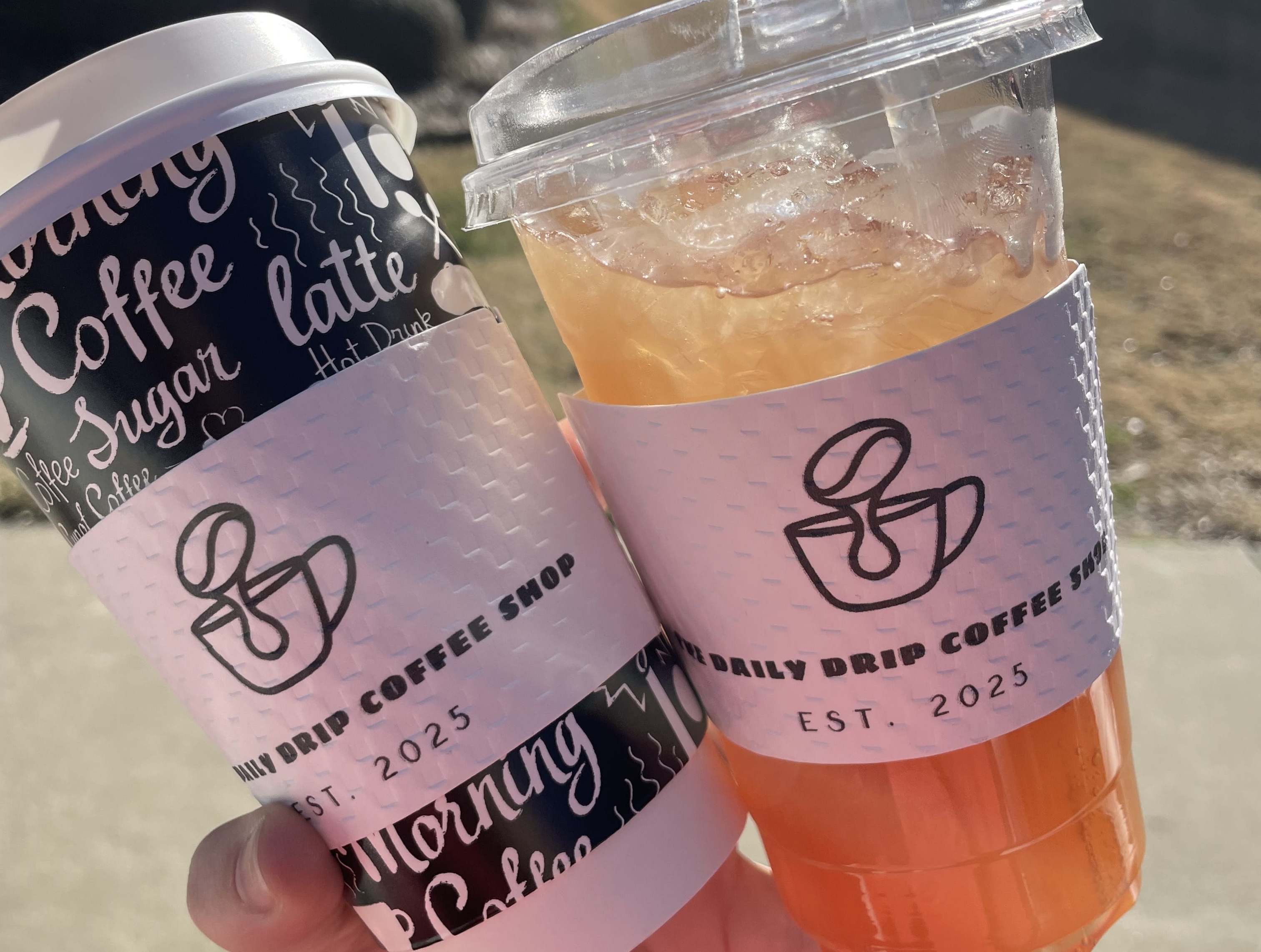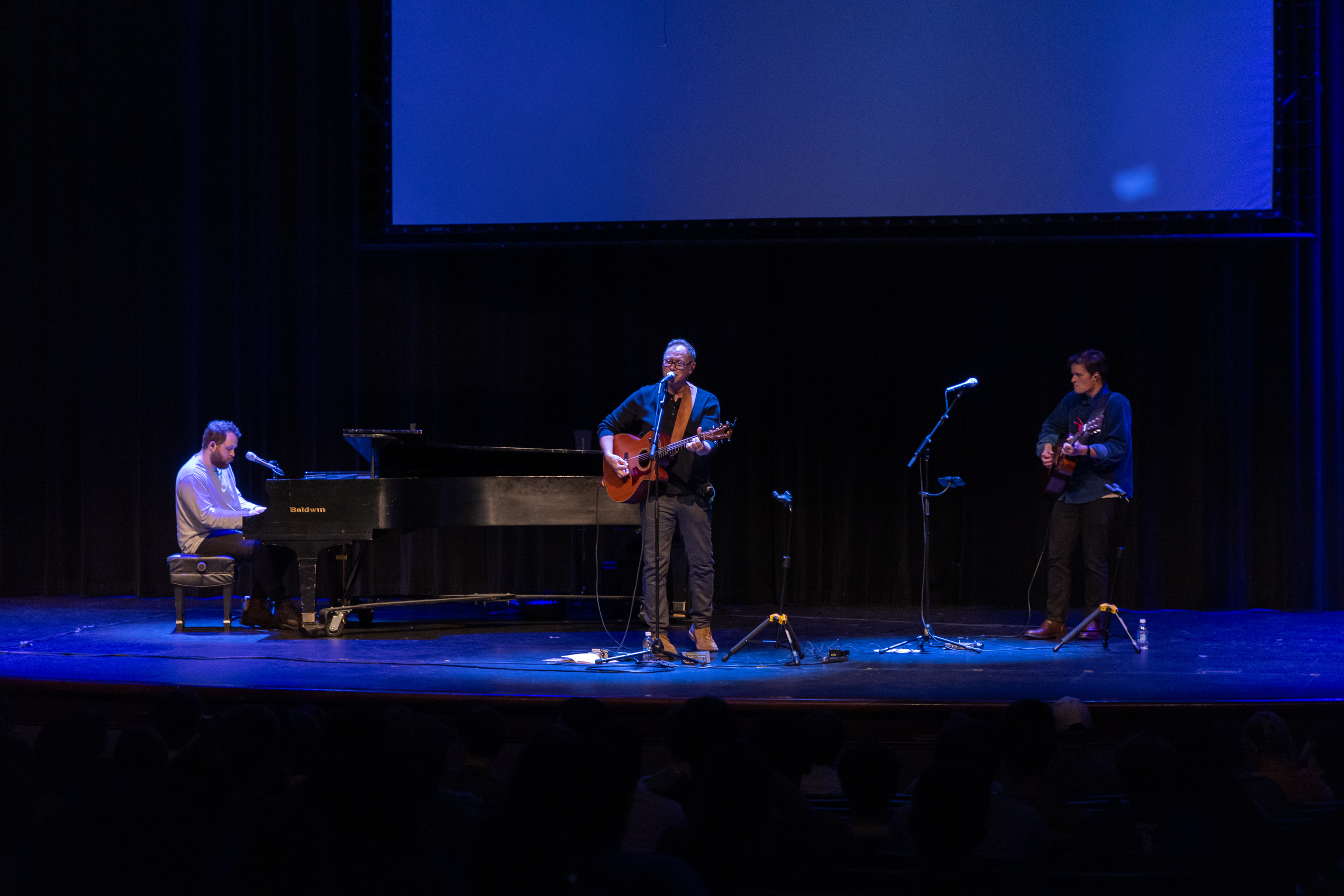The pageantry of Super Bowl XLIV has ended and football’s world champions have been crowned.
Now that the lights in Sun Life Stadium in Miami have dimmed, what will dominate most of the talk in NFL circles?
Any other year, all of the focus would shift to the upcoming NFL Draft and free agency. Not so in 2010.
A dark cloud that simply cannot be ignored hangs just over the horizon: a labor clash between the NFL Player’s Association (NFLPA) and league owners that very well could result in a lockout for the 2011 season.
The immediate results of this labor conflict? For the past decade and a half, NFL teams have been subject to a salary cap, limiting how much each team can spend on its roster.
Because a labor agreement has yet to be reached, that goes out the window—at least for the 2010 season.
Representatives from both sides have said that once the salary cap has been removed, a cap will be very difficult to reinstate following a season without one.
Players’ contracts will continue to rise in a league without spending limits for each team, and the union will not be very willing to give that up.
This alone further complicates the situation; unfortunately, it’s not even close to being the only issue at hand.
Until now, the yearly salary cap has continued to rise. This past year, the salary floor (minimum amount of money teams were permitted to spend on players) was millions of dollars more than any upper limit has been under any previous Collective Bargaining Agreement.
In addition, NFL owners are losing money, despite the Players Association claims that revenue has never been better for league owners.
This sort of talk is difficult to believe, considering that the Green Bay Packers—currently the only team whose financial records have been publically released—suffered a 40% dip in revenue.
Now consider the fact that players’ salaries are quickly spiraling out of control.
One thing the owners are really fighting for is some sort of system that will limit the amount of money incoming rookies are able to negotiate for in their contracts.
Matthew Stafford, the first pick in last year’s NFL Draft, was able to acquire a contract that guaranteed him over $41 million, which is more guaranteed money than any other contract in NFL history.
All this money was given to Stafford before he even took a snap in an NFL game (Stafford threw for 20 interceptions in his first season, which he ended with an injury).
Without some sort of cap in place, rookie contracts will continue to rise, driving up the contract demands of veteran players who have actually proven themselves in the NFL.
All things considered, players will continue to make more and more money while profits for team owners continue to dip.
This is why owners are making slightly steeper demands during the current CBA negotiations.
Union Leader DeMaurice Smith recently claimed that the likelihood of an NFL lockout was a “14” on a scale from one to 10. This isn’t likely.
In the past, when a CBA deal has needed to get done, it has.
A complete lockout has never happened in the NFL before.
However, rhetoric like what Smith has been displaying won’t help the situation.
Neither will words from players like Colts’ center Jeff Saturday, who recently warned other players, “Don’t go out and buy a new boat. Don’t go out and buy a new car. Pay off whatever debts you have.”
It’s hard to imagine a guy who made over $8 million last year to have to worry about buying a new car, but for his sake, we all hope it doesn’t have to come to that.
Tyler Hawkins is a sophomore history major from Benton.
By Tyler Hawkins, Guest Writer




